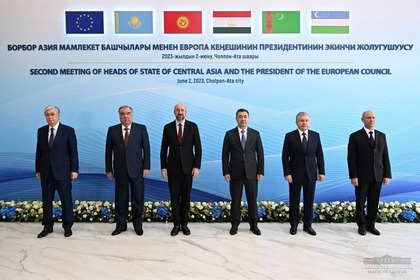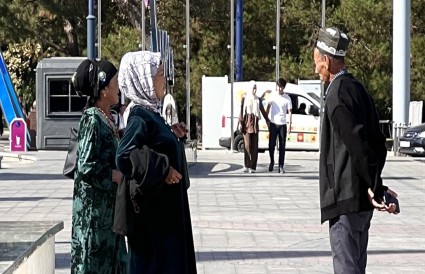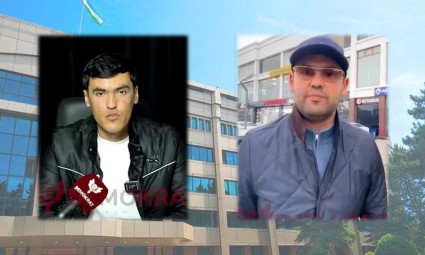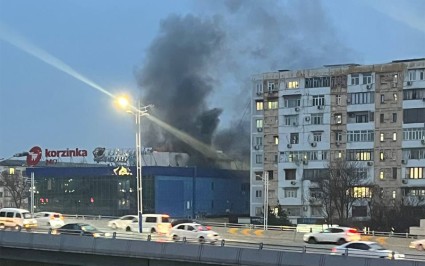The European Union will not impose sanctions on Central Asian countries for helping Russia circumvent sanctions, RBC said referring to the President of the European Council Charles Michel, who mad remarks at the EU-Central Asia Summit on June 2.
According to him, the EU is now discussing the 11th sanctions package to reduce the risk of circumvention, and the measures are aimed at those "who support the Russian military machine."
“We do not apply the principle of extraterritoriality, and, most importantly, we want to work with all our partners around the world only through dialogue,” he said.
He underscored that it was for this purpose that the EU appointed a special sanctions envoy, David O'Sullivan, who has met with officials of the region and discussed Russian sanctions. In particular, he has tried to “convince partners not to help Russia circumvent sanctions, and will also listen to how these sanctions affect them.
In the summit's joint communiqué, the topic of sanctions has been spelled out in one clause.
“The leaders stressed the importance of further expanding the mechanisms of the two-way trade and investment in order to expedite the socio-economic development of all parties. They also stressed the importance of close dialogue in the context of EU sanctions regimes,” the statement said.
The parties expressed their common concern about the deteriorating situation in Afghanistan and reaffirmed their commitment to transforming it into a secure, peaceful, stable and prosperous country. They called on the international community to intensify humanitarian assistance to the people of Afghanistan and noted in principle the key role of the UN in this matter.
The Central Asian leaders and the head of the European Council stressed the importance of creating an inclusive and representative government, as well as the importance of promoting and respecting the human rights and fundamental freedoms of all Afghan citizens, in particular women, girls and ethnic groups.
The parties also stressed the inadmissibility of public calls for terrorism and extremism, spoke in favor of stepping up efforts to counter the spread of ideology and propaganda of terrorism via the Internet.
They also noted the negative impact of the Aral Sea catastrophe on regional security and spoke in favor of the need to intensify joint efforts to find the most acceptable ways to overcome the problem.















